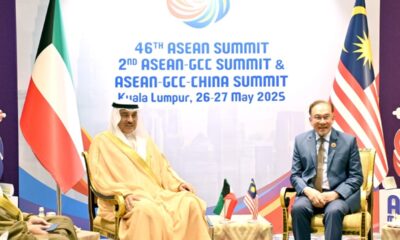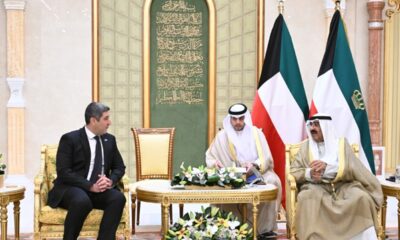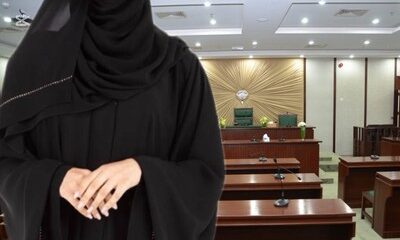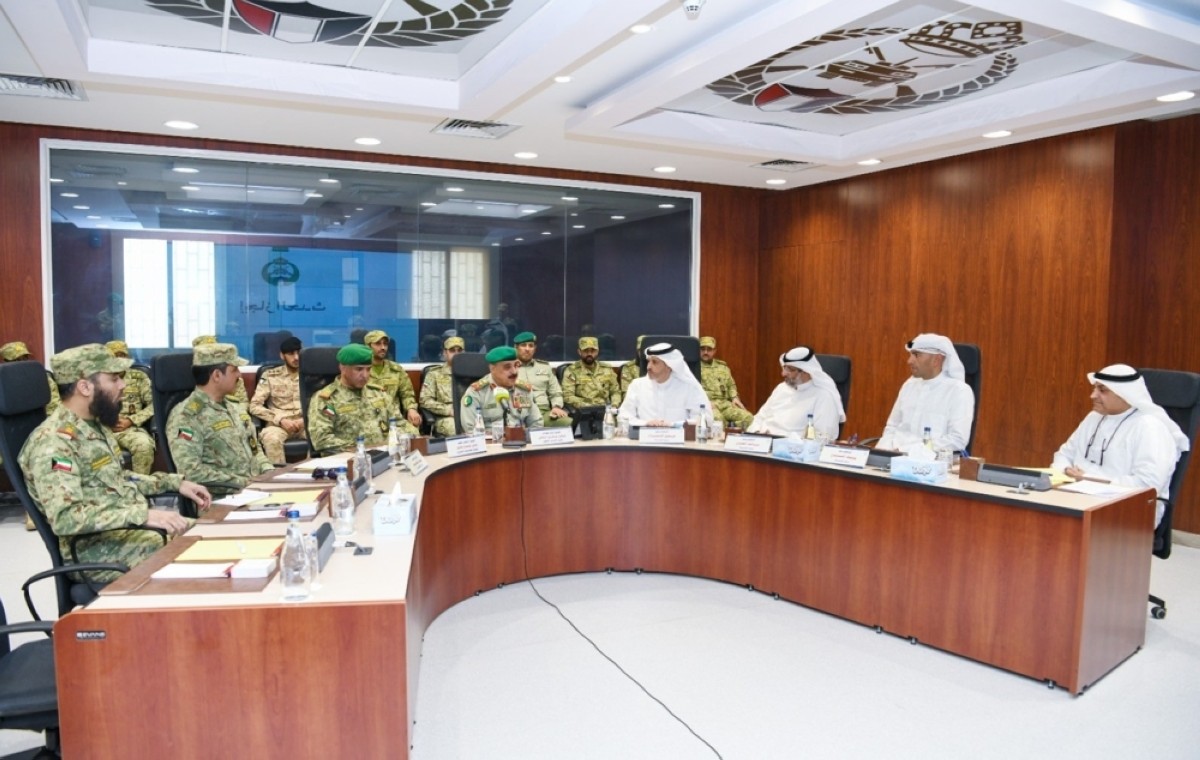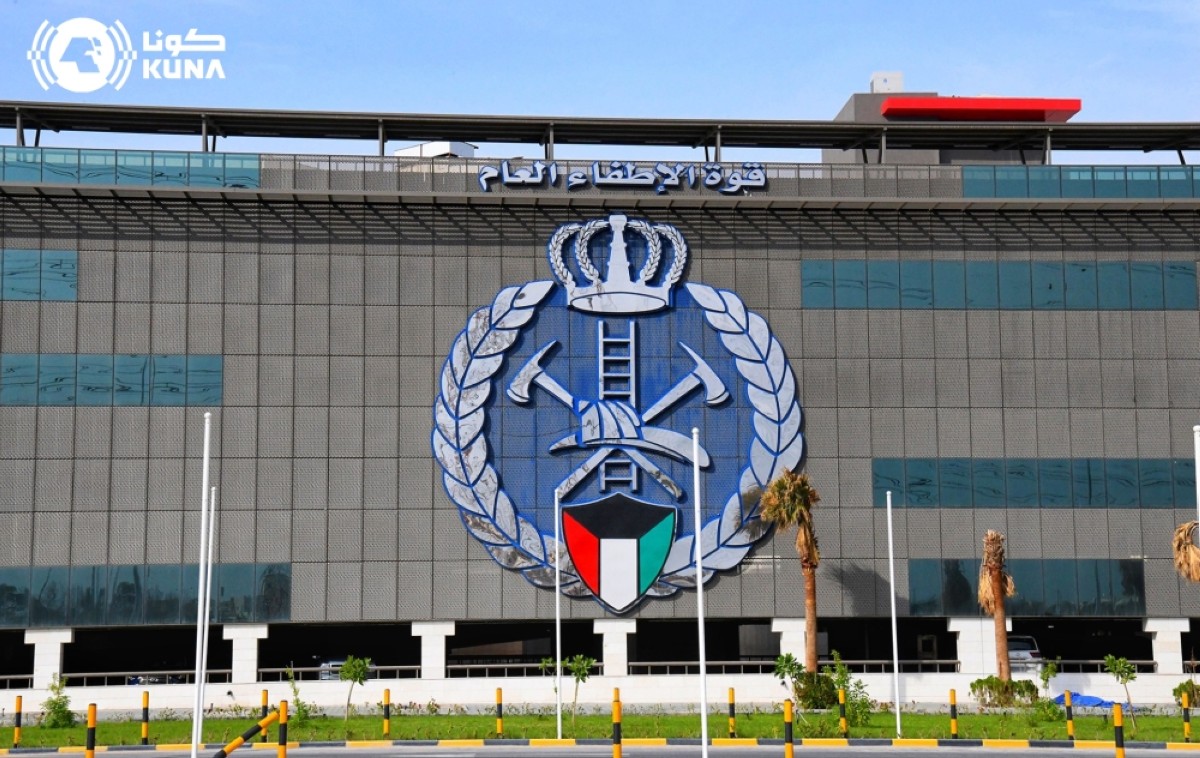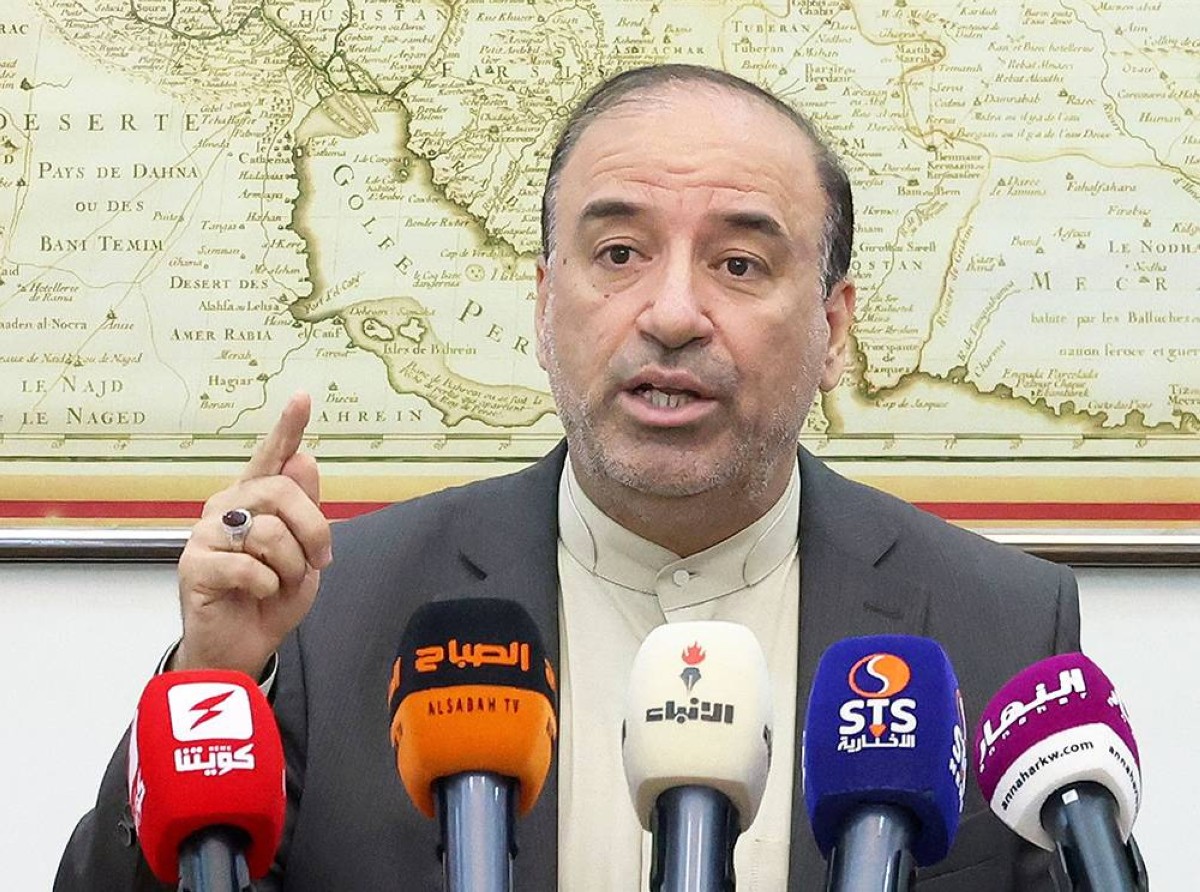KUWAIT: HH the Amir Sheikh Meshal Al-Ahmad Al-Jaber Al-Sabah received a phone call on Sunday from Turkish President Recep Tayyip Erdogan. The two leaders discussed the rapidly evolving situation in the Middle East, including the ongoing conflict between Iran and the Zionist occupation.
They strongly condemned and firmly rejected the grave violations committed by the Zionist occupation in the Gaza Strip, describing them as crimes that defy all international laws, norms, and humanitarian values. They also denounced the broader acts of aggression carried out by the Zionist occupation in the region. During the phone call, both sides emphasized the urgent need to de-escalate tensions, end all forms of aggression, and pursue diplomatic means to resolve disputes, and they also discussed the latest developments on both regional and international fronts.
Iran’s Foreign Minister Abbas Araghchi said Sunday that the Zionist entity’s attack on a major gas facility along the Gulf coast was an attempt “to expand the war beyond” Iran. “Dragging the conflict into the…Gulf region is a major strategic mistake, likely deliberate and intended to extend the war beyond Iranian territory,” said Araghchi during a meeting with foreign diplomats.
He was referring to the strike on a facility operating at South Pars, located offshore near Iran’s southern Bushehr province. The field supplies around 70 percent of Iran’s domestic natural gas. The South Pars/North Dome mega-field is the largest known gas reserve in the world. Iran, which shares the massive field with energy giant Qatar, has been developing its side since the late 1990s.
Iranian media reported Saturday a “massive explosion” and fire after a Zionist drone targeted one of the South Pars Phase 14 facilities. Araghchi described the attack as “an extremely dangerous move,” adding that any military activity in the Gulf “could involve the entire region — and possibly the whole world”.
Kuwait Football Federation on Sunday announced the postponement of the Amir Cup final which was supposed to be held on Monday as a result of the regional conflict. The federation said in a brief statement that the game between Al-Arabi and Al-Kuwait clubs will be played in October, adding that the postponement came to ensure the safety of people and players.
Meanwhile, several government ministries and departments on Sunday held meetings to reassess their emergency plans amid the regional conflict between Iran and the Zionist entity which have traded air raids and rocket fires for the past three days.
The ministry for communications reviewed its plans and readiness to ensure that communication and Internet services will continue in case of any emergency.
The cooperative consumer societies union and the ministry of social affairs also held separate meetings to ensure there are sufficient supplies of food and other essential items in cooperative societies. The ministry of social affairs called on its agencies to monitor consumer trends and ensure that items that sell quickly at cooperative societies are replaced immediately.
The ministry of health also reviewed its emergency plans, insisting that medical services are not interrupted and that ministry drug stores are full to meet any increase in demand. The ministry also said that the blood bank maintains sufficient stocks and its doors are open for donations. The customs department and ports authority also reviewed plans to ensure supplies and imports enter the country without problems during emergency situations.
The government-run Kuwait Flour Mills earlier advised people not to stockpile bread, because it has the capacity to double its production if necessary. Kuwait Airways has rescheduled its flights to Amman and Beirut to the morning period, while Jazeera Airways continued its flight schedule with almost no change except for changing the timings.
Kuwait National Guard said Sunday it continues to monitor the country’s radiological and chemical situation around the clock, underlining that it is “normal and stable”. This came in a joint press statement by the Chief of Operations and Training at the KNG’s Sheikh Salem Al-Ali Al-Sabah Center for Chemical Defense and Radiological Monitoring Col Khaled Lami and Assistant Undersecretary of Public Health at the Ministry of Health Dr Monther Al-Hasawi to Al-Akhbar TV.
Lami said the KNG has sophisticated and developed capabilities in the field of defense against weapons of mass destruction (WMDs), including a radiological and chemical monitoring system that consists of 29 land monitoring stations in Kuwaiti frontier and densely populated areas and islands. He added that the system also has 15 sea monitoring stations in Kuwait’s territorial waters and enjoys advanced capabilities of detecting radiations and chemical factors in water and air.
The monitoring system has been working nonstop since it was launched in 2015 and relevant monitoring measures are routine and have noting to do whatsoever with specific events or developments. Dr Al-Hasawi said the ministry has an integrated radiological monitoring system involving fixed and mobile monitoring stations covering all parts of the country and are overseen by qualified national nuclear and radiological staff.
He added that the ministry of health runs a specialized radiological standardization lab to monitor seawater safety, soil and air, reassuring that “no abnormal radiological levels have been recorded and all readings are within normal levels in Kuwait”. The official also affirmed that the ministry has an integrated strategic stock of medicine and medical requirements covering all needs in case of emergency.
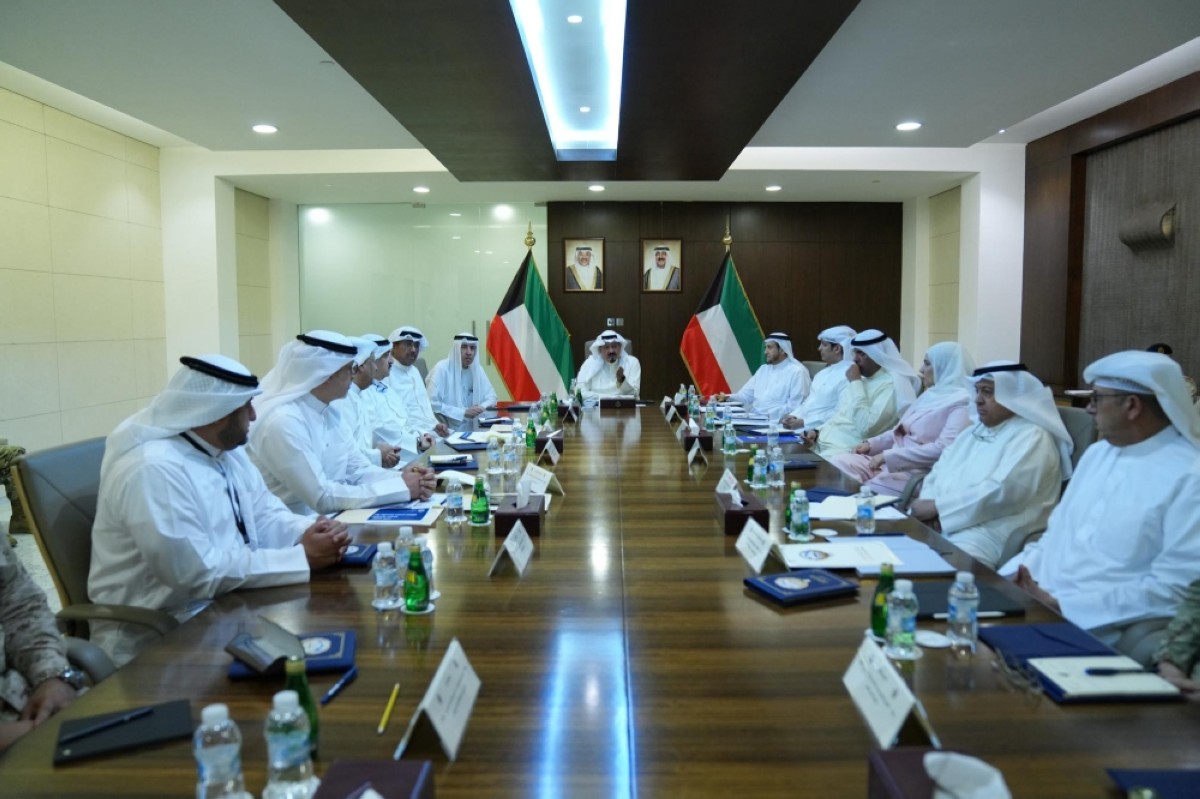
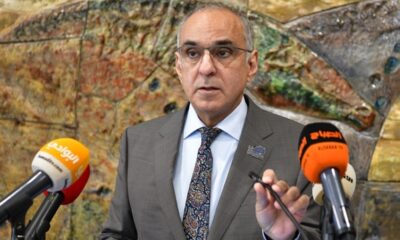
 Latest News19 hours ago
Latest News19 hours ago
 Politics16 hours ago
Politics16 hours ago
 Business18 hours ago
Business18 hours ago
 Politics20 hours ago
Politics20 hours ago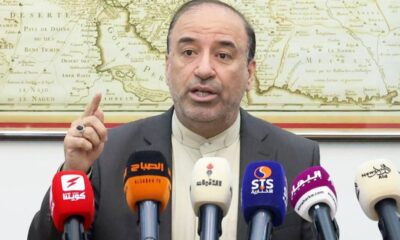
 Latest News18 hours ago
Latest News18 hours ago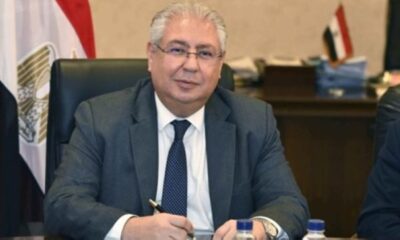
 Latest News16 hours ago
Latest News16 hours ago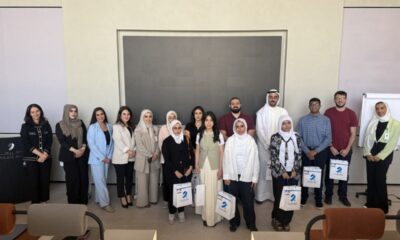
 Latest News20 hours ago
Latest News20 hours ago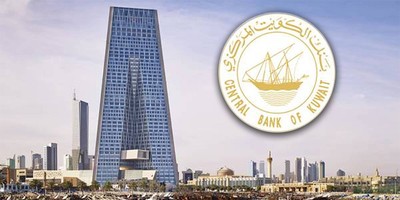
 Business19 hours ago
Business19 hours ago






